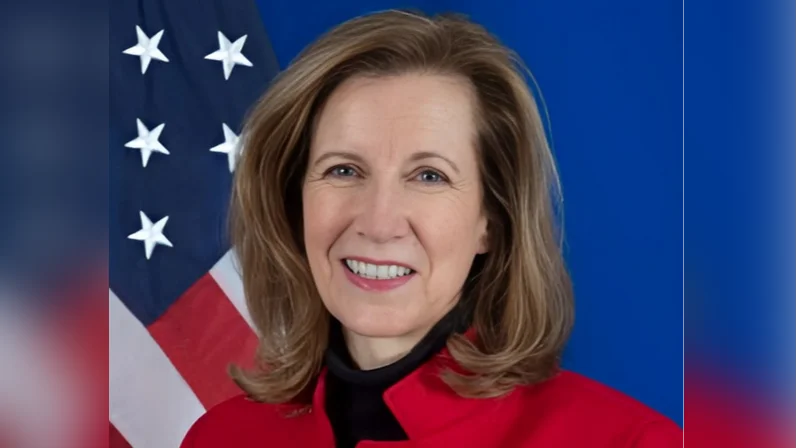The United States continues its commitment to the UN Convention against Corruption (UNCAC), as highlighted by Ambassador Chris Lu at a recent high-level event in New York. The event provided an opportunity to review progress made during the 10th UNCAC Conference of the States Parties (COSP) held in Atlanta last December.
Ambassador Lu emphasized, "The United States has long been committed to promoting the goals of the UN Convention against Corruption (UNCAC)." He noted that corruption undermines the rule of law and can hinder global peace and security if left unchecked.
At the Atlanta meeting, Ambassador Linda Thomas-Greenfield announced several actions aimed at combating corruption. These included a Presidential Proclamation establishing new visa restrictions for enablers of corruption, $252 million in foreign assistance funding for anti-corruption efforts, and legislative proposals to strengthen law enforcement and visa authorities.
The United States also sought to elevate non-governmental voices during COSP by hosting the first-ever Civil Society Forum. This forum underscored the importance of protecting civil society participation and supporting journalists and anti-corruption advocates. Additionally, a Young Changemakers event was held to engage youth in discussions on how corruption affects their communities.
Ambassador Lu praised young people's creativity and tenacity, stating that their involvement is crucial in fighting corruption. The Youth Democracy Network is set to launch later this year as part of these efforts.
A Private Sector Forum was also co-hosted by the United States during COSP, gathering over 200 participants from various industries. Discussions focused on supply chain integrity, fiscal transparency, accountability, and business integrity trends.
Consensus was reached on a U.S.-sponsored resolution promoting accountability at COSP. This resolution emphasizes corruption's impact on human rights and calls for government support for civil society and media protection.
Promoting practitioner engagement remained a priority with initiatives like the Global Forum on Asset Recovery (GFAR) Action Series aiming to advance cross-border asset recovery cases. Updates were shared on international asset recovery cases involving stolen assets hidden in the U.S., with significant funds set for return to countries like Malaysia, Nigeria, and Honduras.
Fourteen resolutions were adopted at COSP addressing high-priority anti-corruption topics such as whistleblower protections and gender equality impacts. Ambassador Thomas-Greenfield remarked that advancing governance leads to progress in human rights and peace: “when we advance good governance, accountability, and transparency, we advance human rights, fundamental freedoms, and peace.”
As Qatar prepares to host COSP in 2025, ongoing discussions aim to further integrate these priorities into work conducted at the United Nations headquarters in New York.

